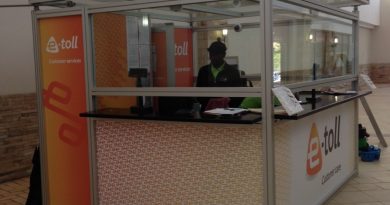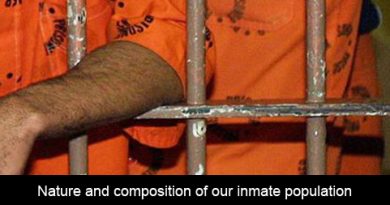Survey reveals South Africans favours Karoo gas exploration BUT want more info on job creation, environment and electricity supply.
Although most adult South Africans were unaware of the possible exploration for natural gas in the Karoo, when introduced to the concept, the majority said that they are in favour of determining the presence of natural gas in the Karoo. Respondents wanted the pressing issues of job creation, economic development and environmental concerns to be addressed in the process. The prospect of natural gas development creating a reliable domestic energy source that would give more South Africans access to electricity was also of paramount importance.
These were the main findings of an opinion poll conducted by Ipsos for Shell during August and September 2011. Ipsos polled more than 2,000 South Africans on exploration for natural gas in the Karoo Basin. Face-to-face interviews allowed the interviewers to describe, inform and question respondents on shale gas, the process of hydraulic fracturing, their views on Shell and their hopes for South Africa.
Mari Harris, Director of Public Affairs at Ipsos, said, “Respondents clearly desire more information; they want to know if there is gas, how it will benefit them and what the impact will be.”
Awareness
The vast majority of South Africans (86%) were unaware of the possible exploration for natural gas in the Karoo and only 12% indicated that they had heard the term “hydraulic fracturing” before. As would be expected, awareness by word of mouth is higher among Karoo residents than among those living in other parts of the country, an indication of the greater relevance of shale gas exploration and hydraulic fracturing for people living in this area.
South Africans do want to know if there is gas in the Karoo
However, in spite of the very low awareness, when asked, more than seven in every ten adult South Africans (73%) were in favour of determining the presence of natural gas in the Karoo. If natural gas was proven to be present in the Karoo the same proportion (73%) would be in favour of gas extraction. However the proportion of those who are strongly in favour increases (from 39% to 45%), while the proportion of those in opposition decreases to 21%, with a larger group now uncertain as to how they feel about the issue (6%).
After the ideas of supporters of hydraulic fracturing were presented, about seven in every ten (69%) adult South Africans indicated that they were still in favour of gas exploration. After hearing views expressed by critics of the hydraulic fracturing process, the support for gas exploration reduced marginally to about two-thirds (66%).
South Africans care most about job creation
The study highlighted that job security and job creation remain very important issues in South Africa and more than half (54%) indicated that they would like more information on how gas exploration will benefit economic development and create jobs. Regarding infrastructure development, four out of every ten (39%) want information about how it will benefit the supply of and access to electricity. More information about the environmental impact of hydraulic fracturing was important to 41% and a third (35%) would like to know how clean burning natural gas will be.
Research Design and Technical Detail
This research project had been commissioned by Shell in order to measure the South Africans’ awareness of potential gas exploration in the Karoo and to gauge the opinion of the South African public regarding this issue.
2 006 face-to-face interviews were conducted in the homes of a representative sample of adult South Africans (18+ years old) using CAPI (Computer-Assisted Personal Interviewing) methodology.
The fieldwork period was from 4 August to 2 September 2011.
To promote ease of understanding and to ensure the best possible quality of results, interviews were conducted in the respondents’ language of choice.
The sample included respondents from all population groups, provinces and types of settlements, in the whole spectrum from metropolitan areas to rural areas.
A disproportionately high number of interviews were conducted in the Karoo areas to ensure that the opinions of those members of the public who would be most impacted by any further development in the Karoo were adequately represented.
At the analysis stage all findings were weighted to represent the total adult population of South Africa in its correct proportions.
The sample error is 2, 2%.
About Ipsos: The Home of Researchers
Ipsos is an innovative, entrepreneurial, client-focused organisation, providing research services to clients on a global basis. We set ourselves high standards and aim to work collaboratively in partnership with our teams in order to service our clients most effectively.
Ipsos recently acquired Synovate globally.
Ipsos is proud to be the only global market research company that is still controlled and operated by market researchers. We aim to remain the natural home for intellectually curious and passionate researchers.
Our goal is simple: to be our clients’ preferred research partners in our areas of specialisation, based on BQC (Better, Quicker, Cheaper) methodologies and processes. We want our clients to be proud and pleased to work with us – and we want each one of us to be proud and pleased to offer our clients high quality standards, efficiency and intelligence.




